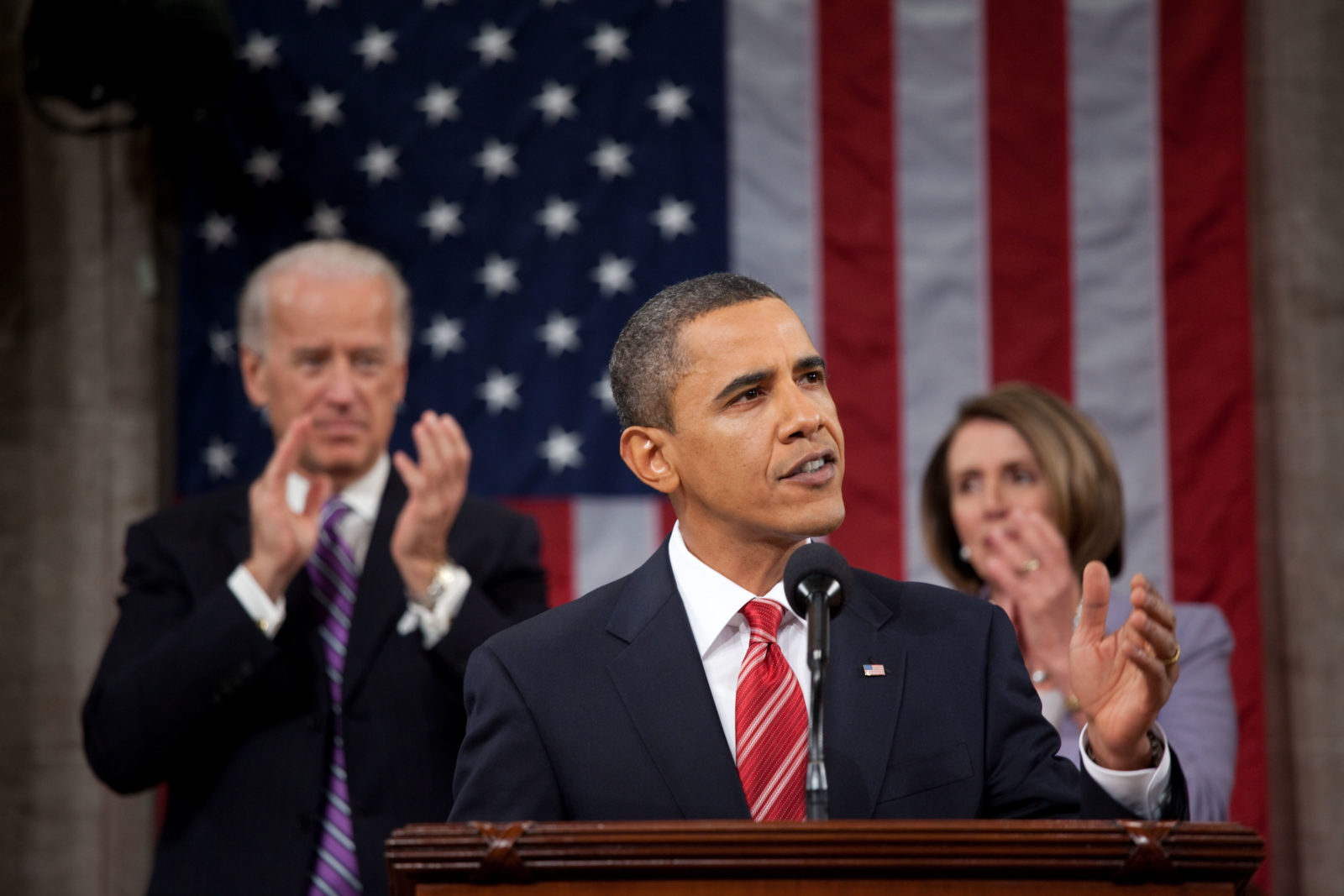With a new year often comes anticipation and optimism. And this year the State of the Union address will be in front of a new Congress — with a Republican majority in both the House and Senate.
President Obama’s State of the Union speech will likely have its smallest audience to date. That is the price any leader pays for being dissembling on a range of important issues — from Benghazi, to IRS targeting of conservative American non-profits, to keeping your doctor, trading the Gitmo 5 for deserter Bowe Bergdahl — and showing disrespect for the voting public. After all, when after the November 4 election results came in, and Obama said he heard the message of “two-thirds of the people who chose not to vote,” that was final confirmation of rigidity and denial that turns people off.
What America’s domestic and foreign policy failure both now have in common at the outset of 2015 is an “Alice in Wonderland” syndrome — where reality is turned upside down, where nonsense is passed off as truth, where disarray is a plan and stonewalling is an acceptable response.
Unfortunately there are no silver bullets to our current predicament in either domestic or foreign policy. What American people should demand now is not immediate results but more honesty in public discourse about the causes of our national decline and the need for new and different approaches that embrace realistic solutions grounded in principles and institutions that work and deliver measurable results.
On domestic policy, the first order is for Washington to acknowledge the absurdity of dealing with over-indebtedness by piling up more debt or fixing problems with more regulations. Any new legislation or executive order — like a free community college entitlement — that adds to the federal debt should simply be dead on arrival. Clearly a new monetary policy approach is needed by the Federal Reserve, whose six-year experiment with zero interest rates and money printing has left the poor and middle class entirely behind, while helping big government, Wall Street and corporate officers with big company stock awards get even richer. There is something wrong with Washington policy that has left the vast majority of Americans worse off than they were ten years ago.
Read More ›

